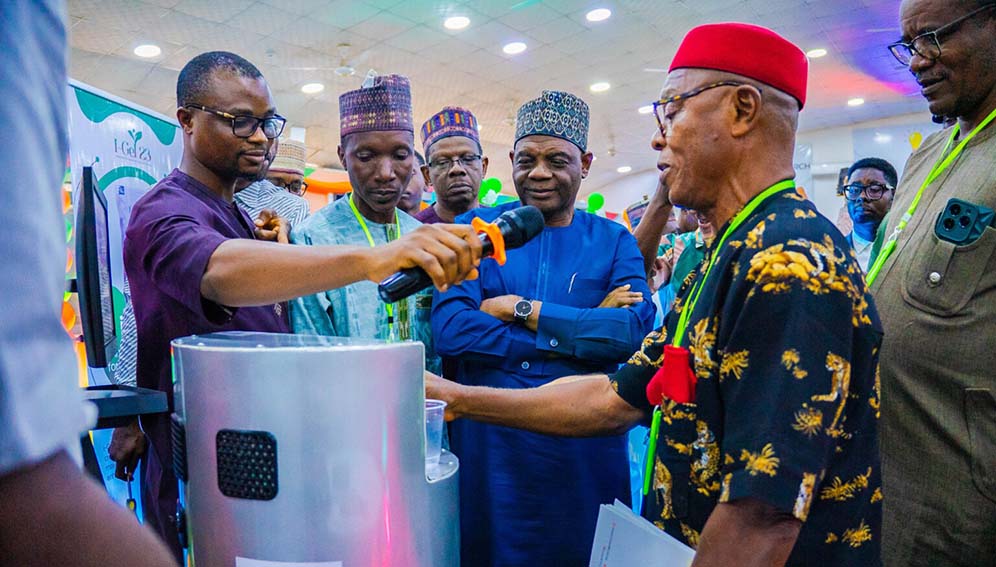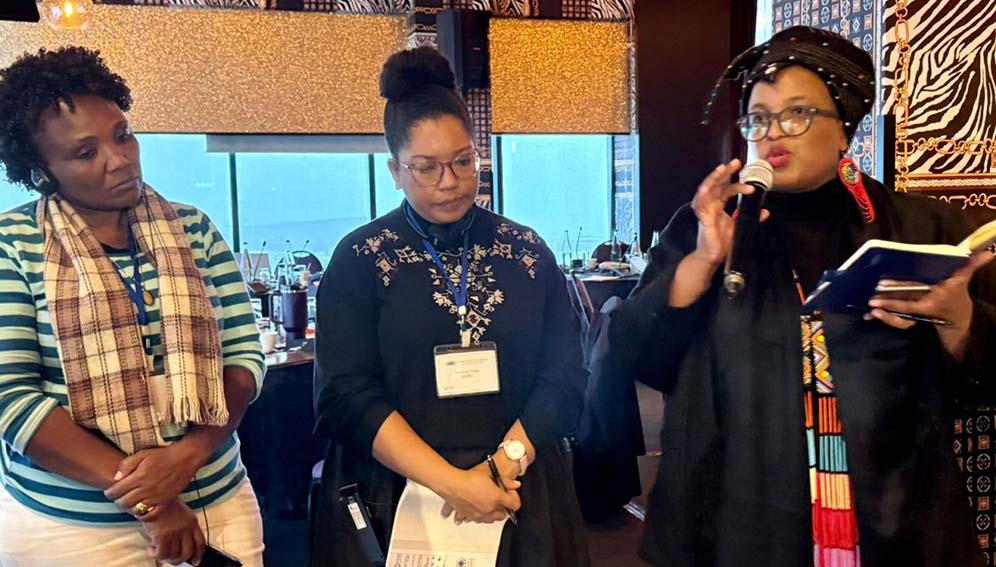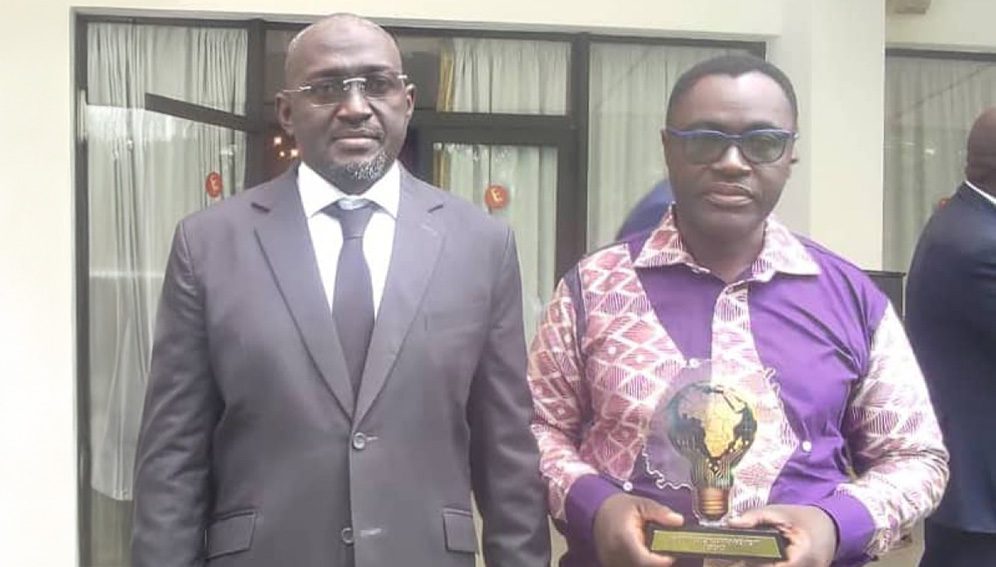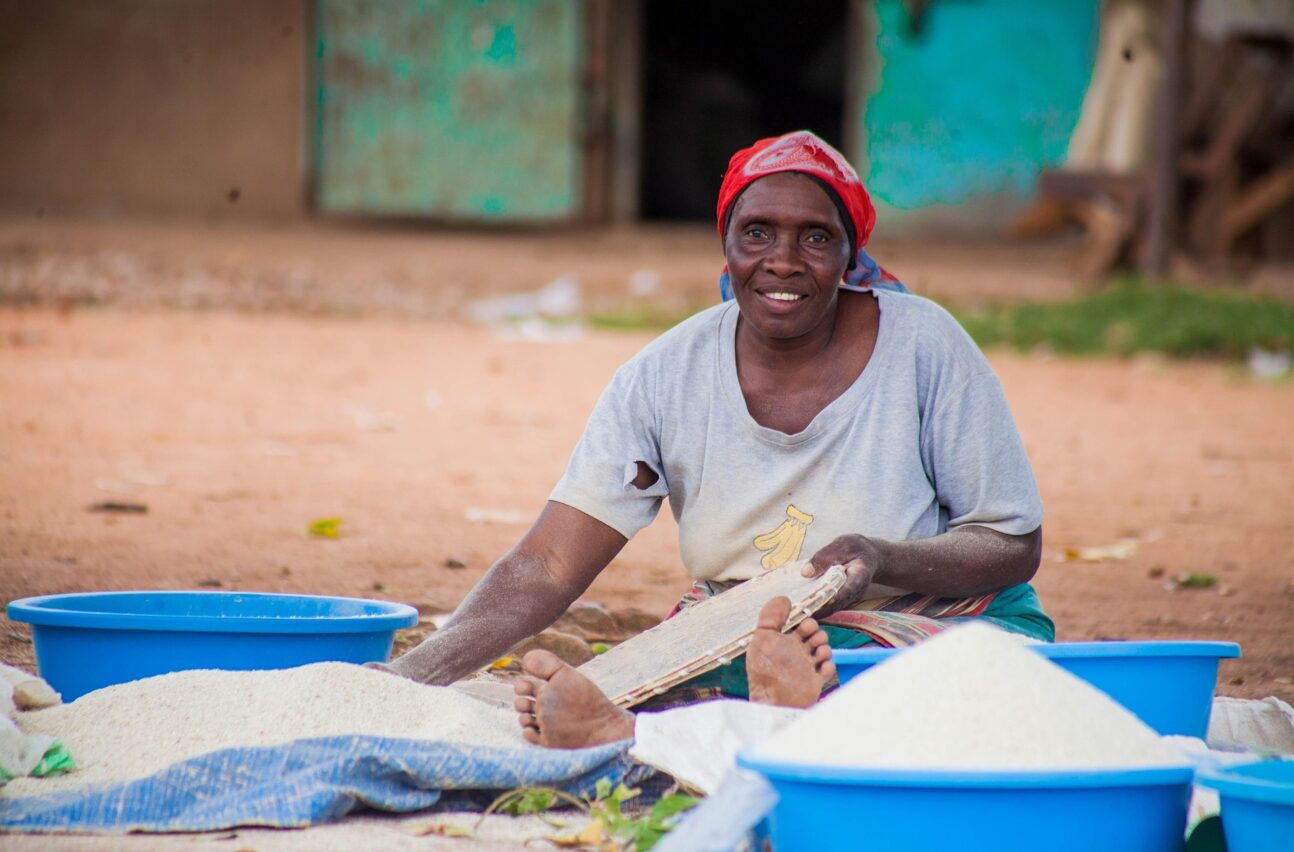SGCI News
Stakeholders, including academics, researchers and policy-makers in Tanzania, intend to adopt open science and present the plan to the government and implementation partners for funding. However, the decision to make…
Stakeholders, including academics, researchers and policy-makers in Tanzania, intend to adopt open science and present the plan to the government and implementation partners for funding. However, the decision to make research more accessible means they also have to deal with several challenges.
The East African Science and Technology Commission (EASTECO), Tanzania’s Commission for Science and Technology (COSTECH), Public Library of Science (PLOS), and Training Centre in Communication Africa hosted a High-Level Multi-Sectoral National Open Science Dialogue for Academic and Research Institutions in Tanzania in mid-February 2023 to discuss the matter – three years after the initial decision to enter into a partnership that would promote open-science principles in the region.
“We had noted that bits and pieces or aspects of open science are ongoing in the region but there is no regional policy that guides and standardises such practices,” said Dr Sylvance Okoth, chief executive and accounting officer of EASTECO in Kigali, Rwanda.
UNESCO defines open science as an inclusive construct that combines various movements and practices aiming to make full multilingual scientific knowledge openly available, accessible and reusable for everyone to increase scientific collaborations and sharing information for the benefit of science and society, and open the process of scientific knowledge, creation evaluation and communicate to societal actors beyond the traditional scientific community.
Okoth said engrained open-science policies in regional science, technology and innovation would ensure the community reaps benefits for excellence in regional integration.
The key goal, he said, is to enhance acceptance and adaptation of open science to increase some economic development of East African partners through science communication. “The objective is to widen and deepen the application of the same principles in the region so as to ensure the dissemination of scientific data and information to enhance socio-economic development.”
Moving to open science allows scientific data, information and scientific outputs to be more widely accessible and reliably harnessed with the active engagement of all stakeholders, Okoth said.
“Open science is, therefore, beneficial in promoting efficiency, guaranteeing access to outputs, and improving the productivity of research systems while reducing duplication and the costs of transferring and reusing data and allowing more research from the same data,” he added. Opportunities for domestic and global participation are also multiplied. Accountability in science will be increased, waste will be reduced as the usability of research is encouraged.
Challenges in Tanzania
“The challenges that exist in Tanzania mirror what happens in the region in unique ways,” Okoth said, adding that helping Tanzania review its next steps would aid in making science more accessible, efficient, democratic and transparent in the region.
Dr Philbert Luhunga, COSTECH’s chief research officer, said his organisation is promoting the use of a centralised repository as a convenience for researchers as well as encouraging young researchers to publish in open-access journals as an effective path to open science. COSTECH has developed a science technology and innovation communication strategy that will enable the implementation of open science in the country. Currently, open repositories stand at 37, but challenges remain, he said.
There is no awareness of electronic platforms and resources available at COSTECH within the country and there is no mechanism to share resources with regard to copyright issues. The publication fees for articles to be published on open-access platforms are high and there is a high demand for researchers to understand the packaging of research results. “We do not have a system that rewards open-access practices,” Luhunga said.
Delegates attending the meeting said researchers who have potential intellectual property are unwilling to openly publish and avail raw data, so as not to lose out on commercialisation of their research output. Some researchers said they lose their intellectual property rights when they sign agreements to publish their work. They noted that Tanzania was not yet at a stage where the government is able to share data through a framework.
The unavailability of the internet, particularly in rural areas, made it difficult, so well-equipped telecentres are needed to support connectivity. Most researchers and academics have a mindset of publishing in high-impact journals – many of which are not open access – for promotion. There need to be guidelines to share unsynthesised data. COSTECH was called on to spearhead the collaborative process of developing the National Open Science Policy that will guide research dissemination, data sharing, and open-science incentives.
Learning from experience
Roheena Anand, executive director of global publishing development at PLOS, believes that East Africa is following a sound approach to open science.
In 2003, after realising most journals were resistant to changing their business practices, PLOS launched as a non-profit open-access publisher to empower researchers and make research publicly available online without restrictions.
“It was revolutionary at that time; it paved the way for a new way of publishing options,” Anand said. “We learned that catalysing change is possible and have proved the viability of open access. We have focused the conversation on peer review and the importance of rigour and data availability. We change the publishing landscape. We also learned there were unintended consequences. Article processing charges are exclusionary; they can create a barrier to knowledge.”
Anand said that, as they work to encourage open science, they have moved beyond article processing charges. For instance, their global equity model does not work per unit to access publishing services but does reflect countries’ financial situation by relating to World Bank criteria. Countries that adhere to this, including East Africa, can publish free of charge.
PLOS has also set up its own indicators to measure and evaluate open-science practices. She said they want to be better listeners because they know that a rigid approach to open science is not going to foster the fair participation they want to see from the community for open participation.
“Working with you as a key stakeholder in the research ecosystem is fundamental so that we find solutions that work in your local context rather than just assuming that everything that works in the Global North works elsewhere,” Anand said.
Related News
TETFund, Innov8 Hub showcase innovations at research demo day
The Tertiary Education Trust Fund (TETFund) and Innov8 Hub have concluded the Science Granting Councils Initiative (SGCI) Demo Day, an event that highlighted Nigeria’s growing capacity to transform academic research into market-ready solutions. TETFund, Nigeria’s representative council for SGCI, partnered with Innov8 Hub to support…
HSRC pushes for inclusive research systems at SGCI gender summit
The Human Sciences Research Council (HSRC) hosts the Science Granting Councils Initiative (SGCI) Gender Equality and Inclusion (GEI) learning summit and calls for a more inclusive research landscape. The event marked the culmination of a three-year project aimed at embedding gender equity and inclusivity into…
SGCI-funded research wins science prize in Côte d’Ivoire
A Science Granting Councils Initiative (SGCI) funded research has earned national recognition in Côte d’Ivoire. The winner, Rodrigue Adjoumani Kouakou, is the assistant professor of chemistry, physics, and process engineering at the Training and Research Unit for Fundamental and Applied Sciences (UFR SFA) of Nangui…
Research and Resources
SGCI funded projects
Zambia’s top researchers pioneer solutions for climate resilience, food security, economic growth
Project Titles & Institution Areas of Research Number of Projects being funded Project Duration Grant Amount In-Kind Distribution Council Collaboration with other councils





